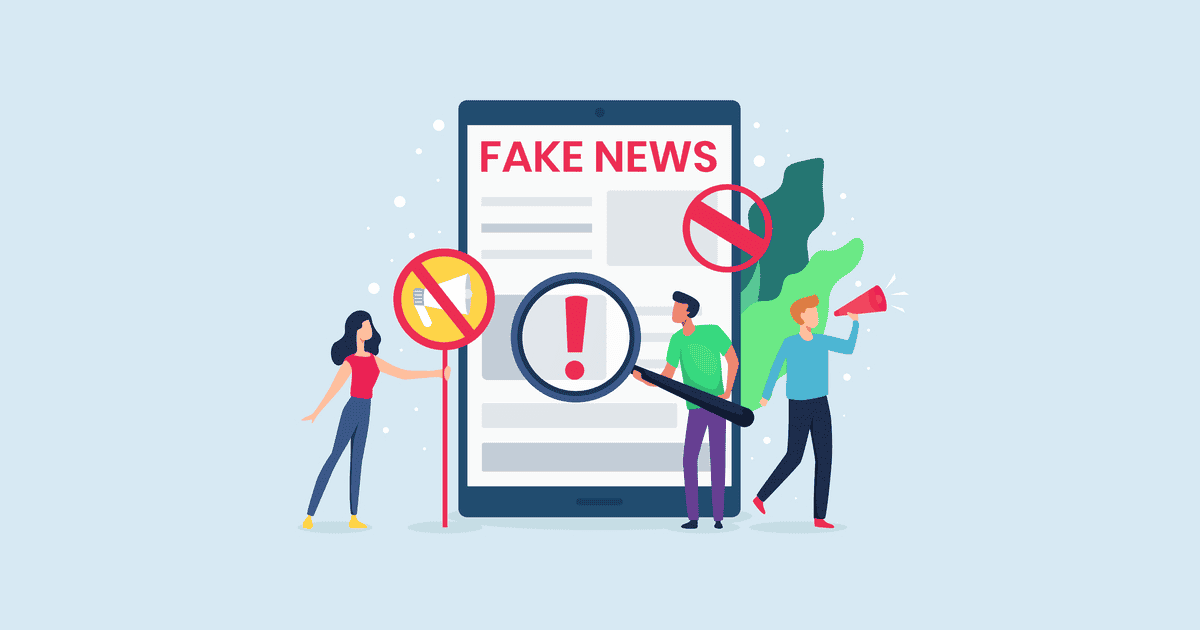
Last updated on November 29th, 2023 at 02:36 pm
The United Nations has revealed a strategy to address this issue, as a survey reveals that people are particularly concerned about its impact on elections.
A global survey has revealed that over 85% of people are concerned about the impact of online disinformation, with 87% believing it has already negatively affected their country’s politics. In response, the United Nations has announced a plan to address this issue. Audrey Azoulay, director general of Unesco, emphasized the significant risks that false information and hate speech on social media pose to social cohesion, peace, and stability. She highlighted the urgent need for regulation that safeguards access to information while preserving freedom of expression and human rights.
A survey commissioned by Unesco in 16 countries preparing for national elections next year, with a combined total of 2.5 billion potential voters, underscores the pressing need for effective regulation. The Ipsos poll of 8,000 respondents from countries including Austria, Croatia, the US, Algeria, Mexico, Ghana, and India found that 56% of internet users primarily relied on social media for news, surpassing TV (44%) and media websites (29%). Despite lower trust levels in social media compared to traditional outlets, it remained the primary source of news in nearly every country.
Across all 16 countries, 68% of participants identified social media as the platform where fake news is most prevalent, ahead of messaging apps (38%). This perception was widespread across different demographics, including age groups, social backgrounds, and political preferences. Disinformation was considered a tangible threat by 85% of respondents, with 87% believing it had already significantly impacted national political life and would continue to do so in the 2024 elections.
Hate speech was also recognized as a prevalent issue, with 67% of participants reporting encounters with it online (74% among those under 35). A substantial majority (88%) asserted that governments and regulators must address both disinformation and hate speech, while 90% called for action from social media platforms.
Participants emphasized the importance of vigilance during election campaigns, with 89% advocating for government and regulatory intervention, and 91% expecting heightened alertness from social media platforms when democracy is directly at stake.
Unesco’s plan, based on seven key principles, emerged from an unprecedented consultation process involving over 10,000 contributions from 134 countries over 18 months. Guilherme Canela de Souza Godoi, Unesco’s chief of section for freedom of expression, noted that more than 50 countries are already regulating social media, although not always in alignment with international free speech and human rights norms.
The guidelines provide a robust blueprint founded on a human rights approach, aiming to inform and inspire governments and regulators. Several African and Latin American countries have already expressed interest. Unesco revealed that a major platform has expressed a preference for a consistent global governance framework over numerous national and regional systems. A World Conference of Regulators is planned for 2024.
To ensure that human rights considerations guide decision-making across all stakeholders, Unesco emphasized the importance of respecting the seven key principles. It called for the establishment of independent and well-funded public regulators worldwide, working collaboratively as part of a broader network to prevent digital organizations from exploiting regulatory discrepancies between nations.
Additionally, Unesco stressed the need for platforms to effectively and comprehensively moderate content in all regions and languages, and to be transparent and accountable regarding algorithms that often prioritize engagement at the expense of reliable information. During elections and critical situations like armed conflicts and disasters, Unesco called for stronger measures, including risk assessments, content flagging, and increased transparency in political advertising.




